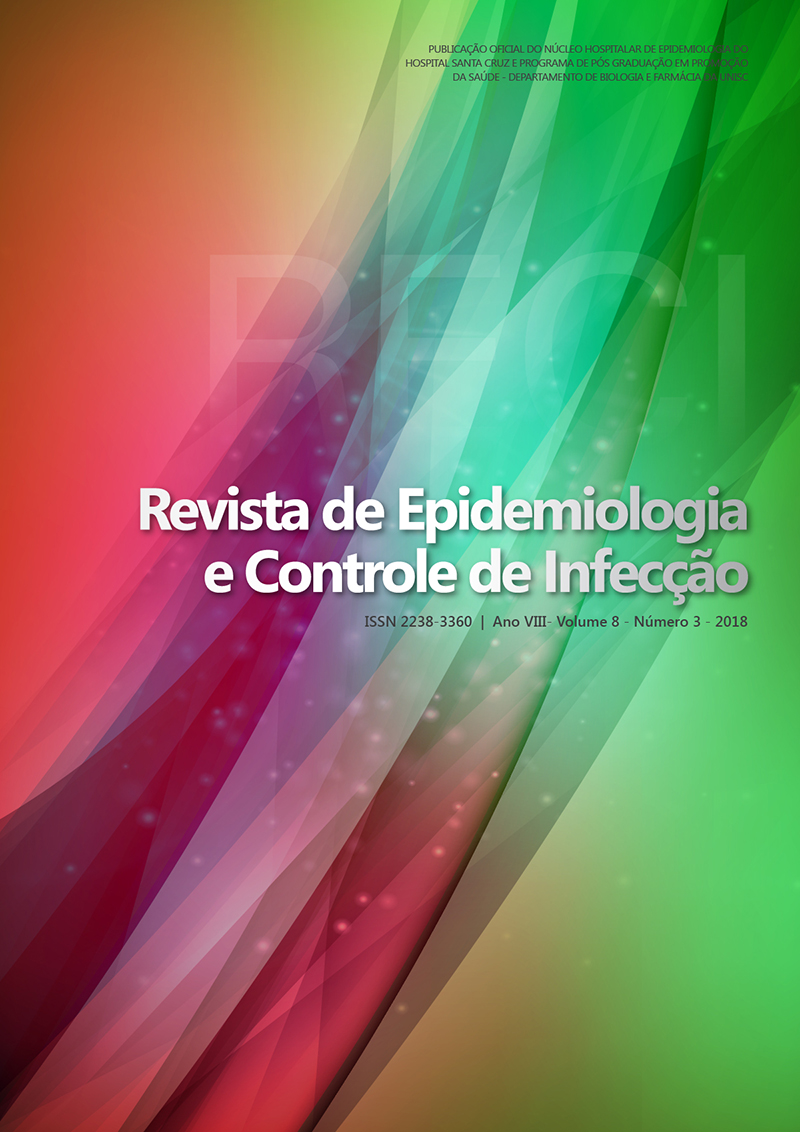Epidemiological and clinical profile of hospitalized patients with pressure injury in a reference hospital in Amazonas
DOI:
https://doi.org/10.17058/reci.v8i3.11857Abstract
Background and Objectives: Pressure injuries (PI) represent a serious health problem that generates great discomfort, suffering and impact on the morbidity and mortality of hospitalized individuals, which requires the elaboration of more targeted and appropriate prophylactic strategies for this public. Thus, the general objective of the present study was to describe the epidemiological profile of hospitalized patients and the clinical characteristics of pressure lesions in a health reference institution in the city of Manaus/AM. Methods:This was an descriptive study, in which 24 patients, with 49 LP patients, were evaluated by questionnaires containing demographic and clinical data. After the application of the questionnaires, the dimensional evaluation of the LPP was obtained, through a photographic image analyzed in the ImageProPlus software. Statistical analysis was performed by the Statistical Package for the Social Sciences (SPSS). Results: The majority of individuals with PI were hospitalized in the Medical Clinic (62.5%), and were men (79.2%) with ages ranging from 5 to 2 59 years (54.2%). Most of the patients showed only a PI (54.2%), located in lower limbs (28.6%), related to neurological pathologies (41.7%) and longer hospitalization time (66.7%). Stages 3 and 4 of injury were the most frequent. Conclusion:PI observation allows us to infer the real need for the elaboration of projects that act in the prophylaxis of the genesis and / or aggravation of the lesions, especially in a male population, hospitalized in the medical clinic and with more severe stages of injury.Downloads
Downloads
Published
How to Cite
Issue
Section
License
The author must state that the paper is original (has not been published previously), not infringing any copyright or other ownership right involving third parties. Once the paper is submitted, the Journal reserves the right to make normative changes, such as spelling and grammar, in order to maintain the language standard, but respecting the author’s style. The published papers become ownership of RECI, considering that all the opinions expressed by the authors are their responsibility. Because we are an open access journal, we allow free use of articles in educational and scientific applications provided the source is cited under the Creative Commons CC-BY license.


